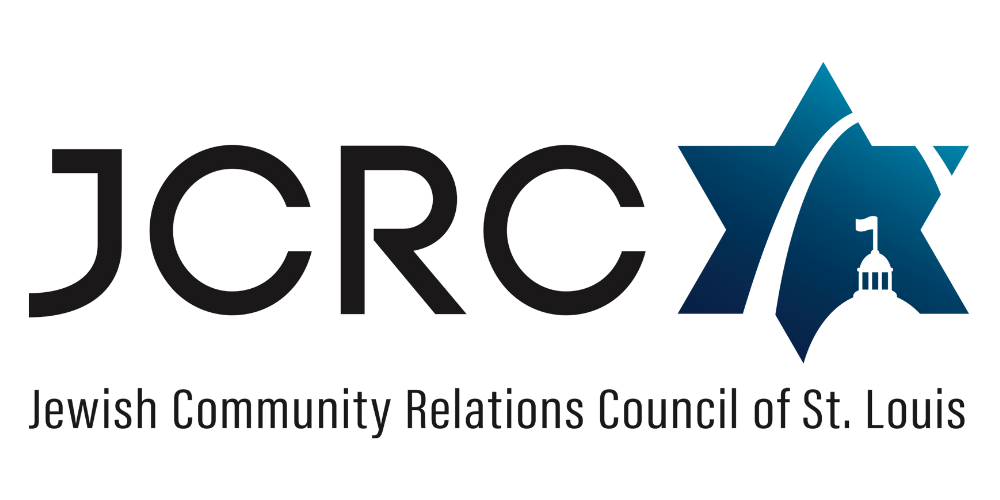March 2020 Voting Rights
Addressing Voting Rights, Voter Suppression and Racism
Contemporary American Jewish History:
Jews in America have flourished because of the constitutional freedoms afforded to each individual. As a result, Jews have an obligation to protect these freedoms for all. A deeply embedded ethic of political participation has guided Jews to enthusiastically participate in the American electoral process. From America’s earliest days, Jews have been active political participants, voting, advocating and organizing around important issues, including religious freedom, worker safety, and civil rights. Perhaps most famously, Jews played an active role in the dramatic civil rights struggles of the 1950s and 1960s, a movement that granted citizens of color access to the ballot box. Shamefully, there is still much work to be done to live up to the legislative intent of guaranteeing everyone the right to vote. Our historical role in the civil rights struggle, modern-day allegations of voter disenfranchisement, and recent evidence of higher numbers of disqualified votes from citizens of color compel us to speak out on Voting Rights. It is our duty to ensure that all citizens are afforded the opportunity to vote and have their votes counted.
Historical Background[1]:
American democracy rests on the idea of “one person one vote.” Yet, for much of our history, we have not delivered on that reality, particularly for women or people of color. In 1869, Congress passed the 15th Amendment giving African American men the right to vote. In 1919, Congress passed the 19th Amendment granting women the right to vote. In 1964, the 24th amendment was adopted, resulting in the elimination of poll taxes. Finally, in 1965, President Johnson signed into law the Voting Rights Act. This law aimed to support the political participation of racial and ethnic minorities by permanently invalidating existing barriers and prohibiting any election practice that denied an individual the right to vote on account of race.
Contemporary Problems:
Since 1965 there have been efforts to restrict who is able to vote. These attempts typically isolate politicians from their constituents. The individuals hindered from voting are predominantly vulnerable and transient populations such as minorities, the poor, students, the elderly, and people experiencing homelessness. Mass incarceration and disqualifications that prohibit formerly incarcerated individuals from voting also keep large parts of the population from participating, disproportionately impacting African Americans.
The Voting Rights Act was severely weakened by the 2013 Supreme Court’s decision to strike down Section 4(b) of the Voting Rights Act that contained a formula determining which jurisdictions with a history of disenfranchisement needed preclearance from the Department of Justice before making changes to voting laws or procedures. As a result of this ruling, multiple states passed new, restrictive voting laws that further disenfranchised American citizens.
Pursuing free and fair elections is an important and necessary driver of our work to improve our community as a whole. Only when we have elections where everyone is free to participate will elected officials be fully accountable and responsive to our citizens.
Action Statement:
While JCRC has maintained a long-standing opposition to voter disenfranchisement, current research makes clear that our approach and priorities need to be updated and clarified to reflect the current reality. We recognize that efforts to suppress the vote exist today in the form of gerrymandering, voter restriction laws like photo ID, baseless voter roll purges, lack of automatic and same-day voter registration, lack of early voting, voter intimidation, and the disenfranchisement of incarcerated and formerly incarcerated individuals. The way we address these challenges must focus on systemic changes to make it easier to participate in elections in St. Louis and in Missouri.
The JCRC is committed to supporting these efforts by:
● Joining existing election protection coalitions;
● Registering people to vote;
● Opposing photo ID laws and other barriers to voting;
● Advocating for voting rights legislation;
● Educating our community on the impact of voter suppression;
● Supporting ballot initiatives that expand voting rights;
● Supporting nonpartisan redistricting of voting districts;
● Supporting inclusive census policies and forms;
● Opposing voter intimidation efforts;
● Ensuring the accuracy and integrity of vote counting;
● Advocating for equal access and adequate facilities to vote.
[1] https://www.aclu.org/voting-rights-act-major-dates-history

